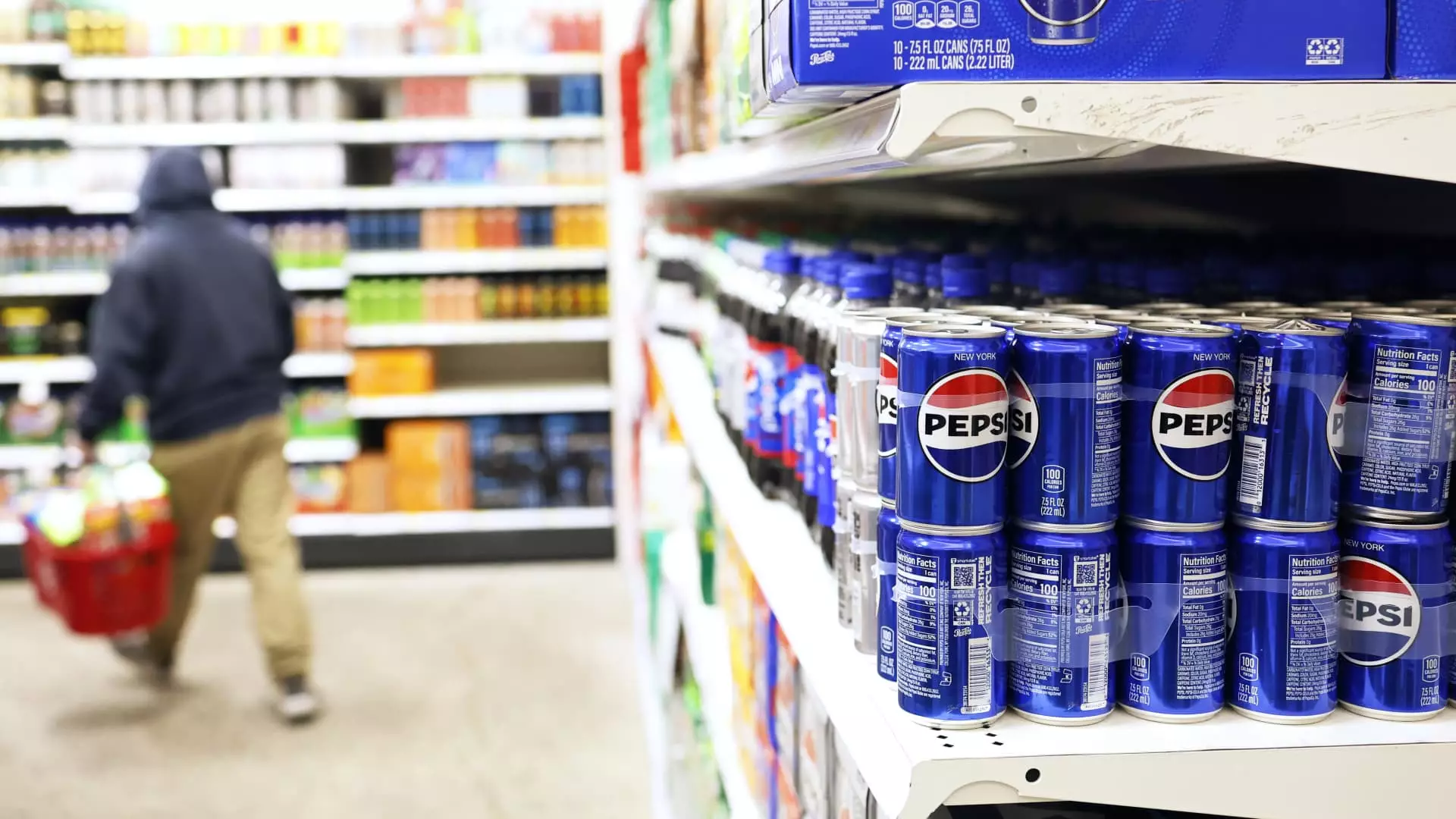In a significant development for the food and beverage industry, the Federal Trade Commission (FTC) announced on Friday that it is suing PepsiCo for alleged illegal price discrimination practices. Central to the case is the accusation that PepsiCo provided an unnamed retailer—widely speculated to be Walmart—with pricing advantages that were not extended to its competitors. This lawsuit invokes the Robinson-Patman Act, a piece of legislation designed to promote fair competition by preventing sellers from offering varying prices to different buyers for the same product.
Enacted in 1936, the Robinson-Patman Act represents an essential framework for regulating pricing practices among wholesalers and retailers, aiming to level the playing field in competitive markets. The Act prohibits sellers from engaging in price discrimination that favors certain buyers over others, particularly when such actions can unfairly restrict competition. The FTC’s allegations suggest that PepsiCo’s dealings with Walmart involved promotional payments and other advertising allowances that were not made available to other retail competitors. This scenario raises significant questions regarding the fairness of competitive practices in the beverage market.
PepsiCo has refuted the allegations presented by the FTC, asserting that the claims are both factually and legally flawed. In a statement provided to CNBC, the company emphasized its commitment to industry standards and rejected the notion that it engages in selective favoritism among its retail partners. PepsiCo’s stance highlights the complexity of the case, wherein the company asserts its practices conform to industry norms while the FTC argues these practices might undermine competitive equity. Such a dichotomy reflects broader tensions in regulatory policy and market competition, with both parties standing firm on their positions.
The timing of the lawsuit could also play a pivotal role in shaping its outcome. Filed just before the transition of power in the U.S. government, the FTC’s actions might be perceived as part of a broader strategy to enforce antitrust laws as the Biden administration seeks to hold corporations accountable for their business practices. Legal experts are watching closely, as this case could pave the way for renewed scrutiny of pricing practices across various industries, potentially reshaping the competitive landscape of retail and consumer products.
As the lawsuit unfolds in the Southern District of New York, the redacted portions of the complaint remain a point of contention, with the FTC seeking to unseal critical information that may elucidate the alleged misconduct. With the potential for high stakes involved, the outcome of this case could have far-reaching implications not only for PepsiCo but for larger market dynamics as businesses navigate the complexities of fair competition and pricing strategies. The legal battle serves as a reminder of the ongoing challenges in reconciling corporate strategy with regulatory frameworks designed to promote fair market conditions in an ever-evolving economic landscape.

